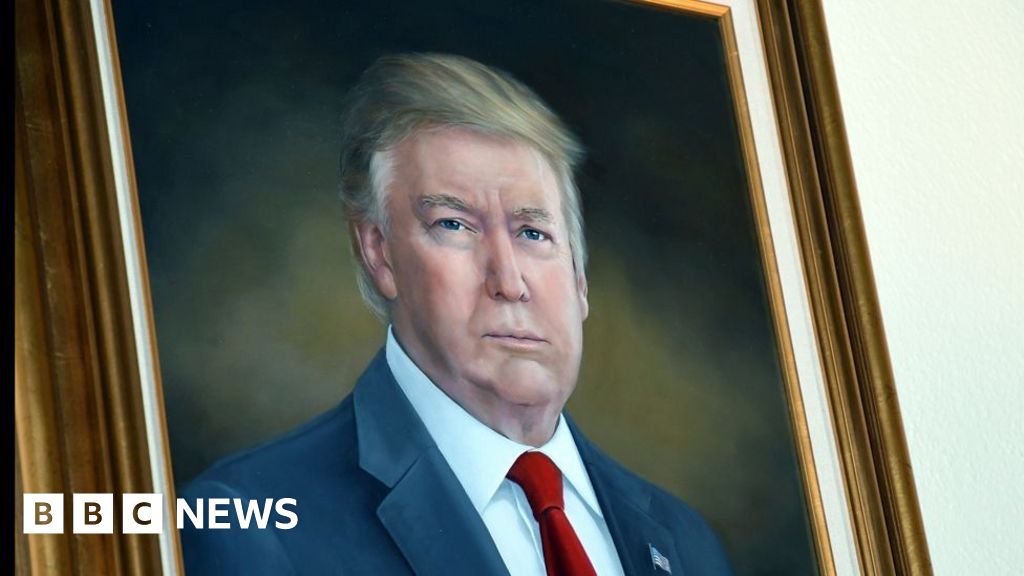Small Business Battleground: OMB's Bold Move to Rewrite Procurement Rules

A potential seismic shift is brewing in federal acquisition regulations that could fundamentally transform small business contracting opportunities. The proposed Revolutionary FAR Overhaul has sparked growing apprehension among small business advocates, who fear the elimination of the critical "Rule of Two" provision embedded in FAR Part 19.
Taking the concerns a step further, the Office of Management and Budget (OMB) is now exploring aggressive modifications that could dramatically reshape the current small business procurement landscape. Industry experts are closely watching these developments, recognizing that the proposed changes could have far-reaching implications for how federal contracts are awarded and distributed.
The potential removal of the Rule of Two would represent a significant departure from longstanding practices designed to ensure fair competition and opportunities for smaller enterprises. Small business owners and contractors are increasingly vocal about their concerns, warning that such changes could potentially disadvantage smaller firms in the competitive federal marketplace.








